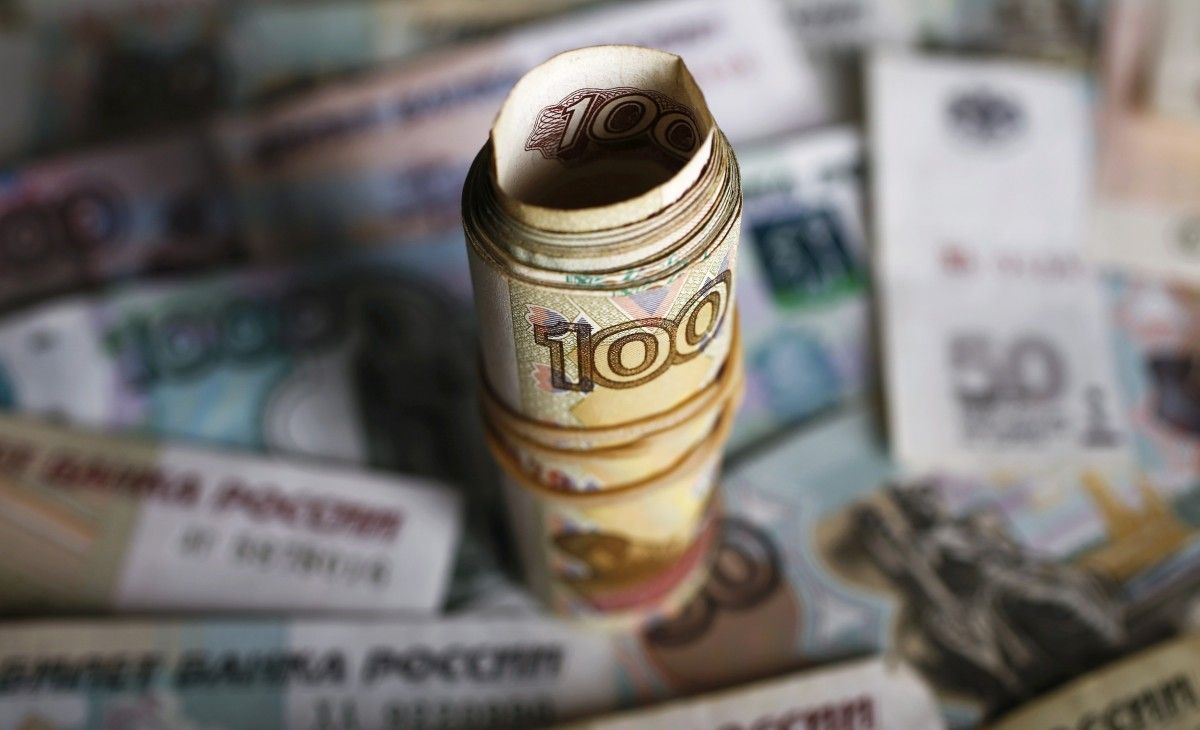
There was also an implicit assumption in his speech: that as the U.S.-dominated world order dissolves into what Mr. Putin portrays as chaos, and Russia's rejuvenated military challenges it in Ukraine and Syria, Moscow can address Washington on equal terms, FT wrote.
Yet the gap between the image Mr. Putin portrayed at the 13th Valdai Discussion Club for invited foreign academics and journalists and the reality was exposed by a sobering assessment of Russia's economy by another senior official who spoke there without attribution. It was further emphasized by a draft budget the government submitted to Russia's parliament a day later — envisaging a 27% cut in defense spending next year.
The assumption that Russia is "back" as a global force ran through two days of Valdai brainstorming that proceeded Mr. Putin's appearance. John Mearsheimer, the University of Chicago's arch foreign policy realist, declared a rebirth of great power politics after the exceptional "unipolarity" since 1991, with the U.S., Russia and China as the big players.
Some experts rejected Mr. Mearsheimer's overall analysis, but none his contention that Russia was again a great power.
Mr. Putin even implicitly suggested Russia's (heavily stage-managed) democracy — which in September delivered a two-thirds majority for the pro-Kremlin party — was superior to America's. He lampooned western elections consisting of "nothing but scandals and digging up dirt — who gave someone a pinch, who sleeps with whom, if you'll excuse me."
Read alsoRussian payment systems seeking ways to bypass Ukraine sanctions – mediaHe "portrayed Russia as being surrounded by systems that are increasingly divided, increasingly weakened, increasingly chaotic," said Piotr Dutkiewicz, a political scientist from Ottawa's Carleton University.
Yet the official who addressed Valdai on the economy, known as a liberal reformer, made it clear how Russia's ambitions clash with its capabilities.
While western sanctions imposed over Ukraine have exacerbated its problems, knocking up to 1 percentage point off annual growth in the past two years. The bigger issue is Russia's long failure to undertake structural reforms to reduce reliance on energy prices. Output, in constant ruble terms, has not grown since 2008.
Russia must grow by nurturing new industries outside the oil and gas sector that provided 60% of exports, the official said. It needed to offset a declining labor force with productivity increases. It must stimulate "innovative" technologies, which accounted for a much smaller proportion of its economy than in leading developed countries.
But all that needs investment — and private business is not investing because it sees Russia's future as uncertain. Russia's government invested more, proportionately, into innovation and research and development than Japan or China, the official said. But in those countries, the private sector invested three times more than the government; Russia's private sector invested less than its government.
The country needed reforms, he added, such as strengthening property rights and preventing corrupt officials from using courts to "squeeze" businesses.
And, he said delicately: "Russia needs a more peaceful foreign policy that will contribute to the development of the economy."
All that does not mean the world should not take seriously Russia's renewed military strength or readiness to use it — even if Mr. Putin insists Moscow threatens no one except terrorists. But it does raise questions about how long, without difficult reforms, Russia can sustain its military and nuclear modernization, and ability to project its strength.
The Russian leader has appointed former finance minister Alexei Kudrin to draw up a comprehensive reform plan for after the 2018 presidential election, expected to see Mr. Putin return for another six-year term.
But Mr. Putin has long been reluctant to countenance the kind of reforms Mr. Kudrin's team is likely to recommend. More competition and independent courts would, after all, threaten mechanisms his ruling circle relies upon to retain power.
Cliff Kupchan, chairman of the Eurasia Group risk consultancy, noted that the Russian president was strangely quiet about the economy in Sochi this year.
"The loud silence by Putin on the [Kudrin plan]," he said, "during an event for foreigners when he could have trumpeted reforms, bolsters reason for skepticism."

